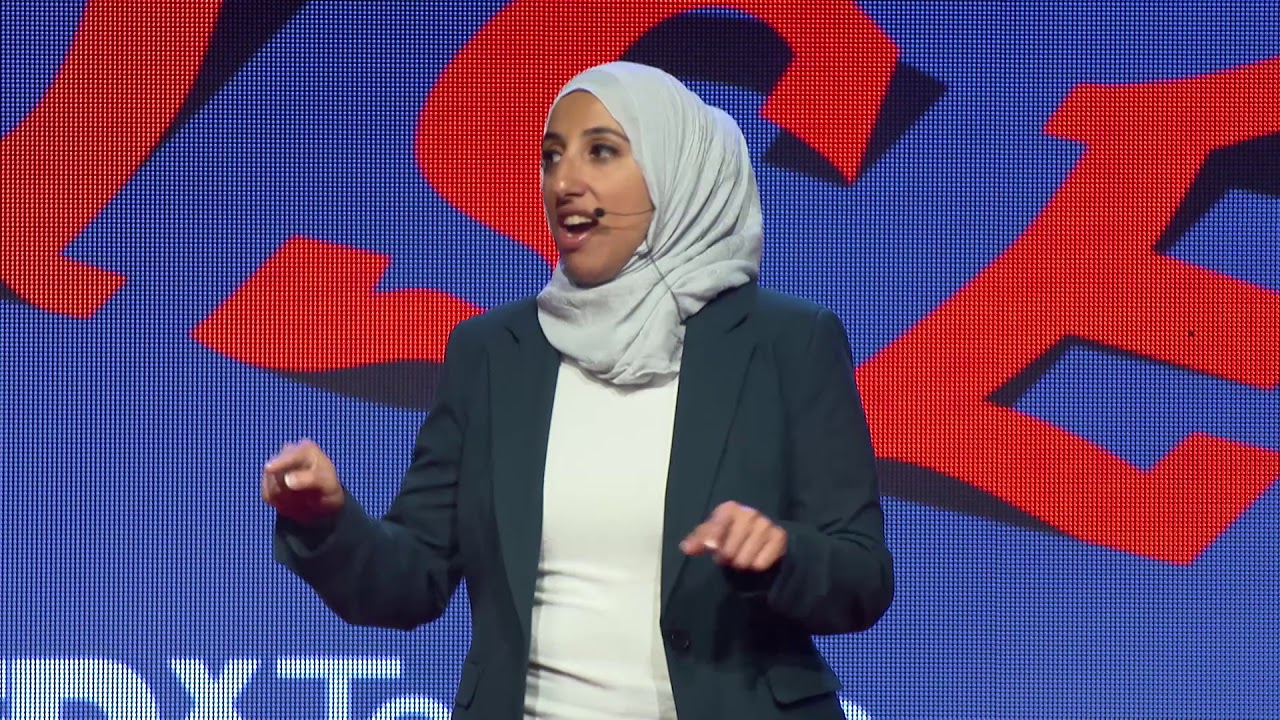Shireen Ahmed, a Toronto-based activist and sports journalist, is a powerful voice in Canadian sports journalism. Her work covering stories about equity and inclusivity across various sports has been published in The Guardian, The Globe and Mail, and SB Nation, among others. Ahmed values the role of social media in building her career and portfolio in sports journalism.
“The opportunities to publish in those traditional outlets came because of social media,” Ahmed said in an interview with The McGill Tribune. “I had no connections in Canadian media whatsoever. I didn’t go to [journalism] school, so I didn’t have those traditional connections [….] I know from being in the industry for almost a decade [that] people really rely on [those connections], and they create shortcuts [….] [But,] I’ve been on Twitter since 2011, it’s not like any of this came overnight [….] [You just have to] engage with people, there’s no secret. I love [Twitter]. I love engaging with people.”
Ahmed’s start in sports writing came in the form of a Tumblr blog.
“Often, I would pitch stuff and no one would publish it,” Ahmed said. “As opposed to pitching to […] someone who might take my idea, I thought I would self-publish [….] I tried to [write the] stories that were important to me. One of the most important stories, journalistically speaking, was only ever published on my Tumblr blog [….] Everyone loves a feel-good story, […] but there’s ways to use social media as a tool of amplification and of story telling.”
Examining sports and broader social systems critically, while necessary, can sometimes be disheartening. Ahmed points out that it is important to remember that being critical of systemic injustice comes from a place of love for sports and wanting to make the space more inclusive.
“I talk about the issues within the systems in sports,” Ahmed said. “It can be exhausting. I love love love soccer. It is in my blood. I’ve been playing for over three decades. I am very torn about going to Qatar [for the FIFA World Cup] in 2022 because, on the one hand, I have the opportunity to be a part of a media team, […but] I can’t help reading about mega-events and feel sick.”
Ahmed cited Dr. Jules Boykoff and Dave Zirin’s writing about the degradation of society, the environmental impact, and the militarization that come as a result of mega-events. Ahmed believes, however, that the balance between loving the sports and teams that we do, and wanting them to make them better does exist.
“[I love] the World Cup,” Ahmed said. “There is a place for us to be critical of the problems with something and love it at the same time. There has to be [….] We don’t need to let corporations define who we are and how we love sports [….] The biggest part of this is unlearning what we’ve been told, as women in this industry, as marginalized communities, and racialized communities. We’re not ruining the sport by talking about it, it comes from a place of care and a place of concern and a place of love [….] You’re inconveniencing the people in power, that’s the first thing to get over.”
Positive change is happening in sports, and sometimes it comes in places one would not necessarily expect.
“People are going to be shocked that I’m going to say this, [but] I feel like the NHL is doing some work here,” Ahmed said. “I see some teams in the NHL doing massive collaborations with Black Girls Hockey Club [….] There’s a movement happening. Not everybody is at the same level, not everybody is going to unlearn at the same time, but I feel like the conversations that I did not expect to happen in my lifetime have begun [….] It’s one thing when people apologize, but there’s another point that shifts the dynamic when people start to understand their accountability piece and they start to go ‘Okay, we know this is bad, but we really need to fix this shit.’”
Ahmed can be found on Twitter (@_shireenahmed_) and on Tumblr (footybedsheets.tumblr.com).









